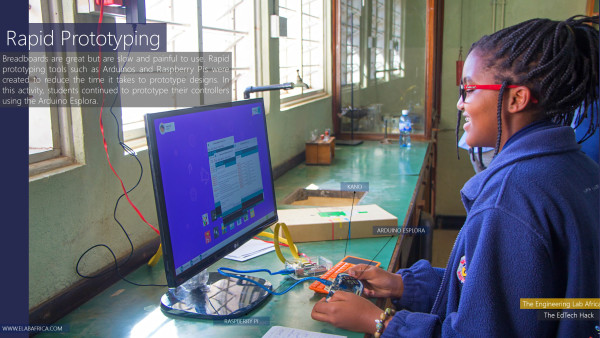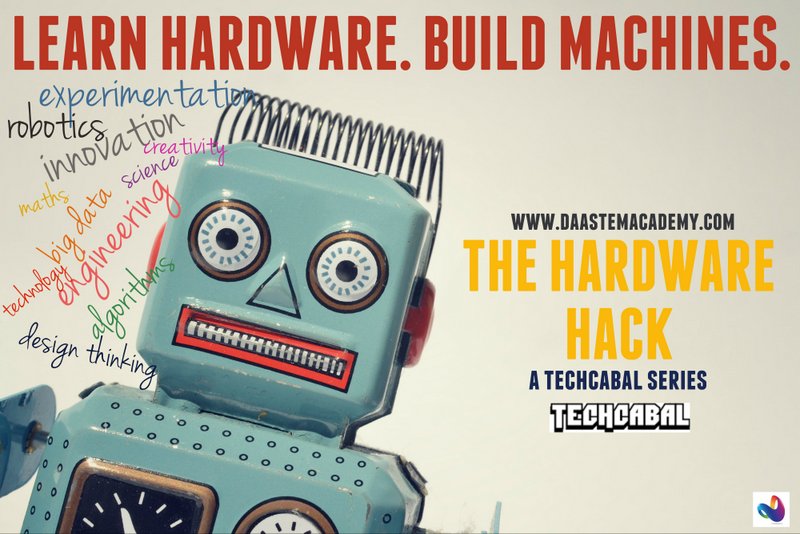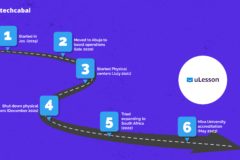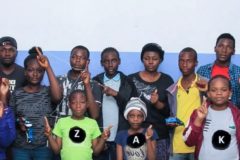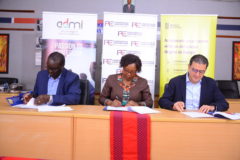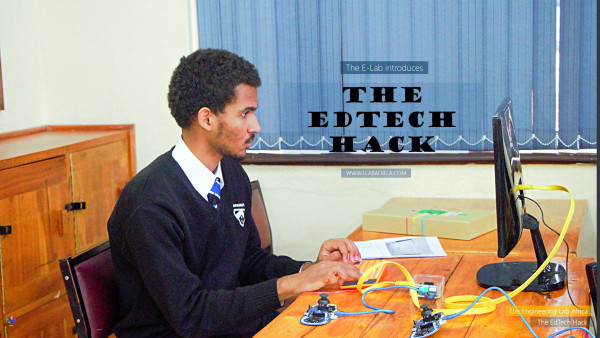
The EdTech Hack. Improving access to education through low cost technology.
What global grand challenges do our students address at the E-Lab?
We asked students to imagine how the tiniest mightiest computer in the world, the Raspberry Pi could improve access to education for children in refugee camps. If you were a design engineer working with UNICEF and had over 1.3 million children displaced due to a refugee crisis – what would you design to make sure students continue to learn?
With only $100 budget, students were tasked with developing low cost technology that is fun, engaging and educative to help children between the ages of 9 – 14 continue to learn. Using the recent Syrian refugee crisis as a case study, which displaced over 1.3 million children in countries such as Lebanon, Egypt, Turkey and Jordan and many more in Syria itself students developed; students developed a low cost video game and video game console to improve educational outcomes for refugee children.
At The Engineering Lab Africa (E-Lab), it is important that we foster innovation that addresses global grand challenges. The E-Lab runs an afterschool program for students between the ages of 9 – 18 to drive innovation and creativity through Science, Technology, Engineering and Mathematics (STEM). Since August 2015, we have had over 150 students enrolled in our program. We work with students for the duration of the academic year, meeting with them weekly on campus as a co-curricular activity. The objective of the program is expose more young people to science and mathematics, encourage them to take more sciences at secondary level and combine that interest with a degree in STEM at higher education.
Each term students work on different technical projects that address challenges in key sectors of the economy such as financial services, health, agriculture, education, telecommunications etc.
With the Ed Tech hack, we exposed students to the complexities that arise due to political unrest and the potential of technology to alleviate some of the compounding problems that arise due to displacement. We expect students to design for purpose, a design technique that was introduced into our classrooms through our collaboration with the IBM Research Centre Africa. Through the IBM Design Thinking process, students begin with the end user in mind. Rather than building a product and convincing users to buy or use it – you imagine what the end user thinks, feels, says and does in their environment and design a product that fits them. By empathising with the user, you learn about the audience for whom you are designing and then redefine your product based on your insights from the empathy stage.
At the start of the project, students conducted a literature review which included data on the number of displaced children, their living environment and the challenges faced in their host country – with a particular focus on the education crisis. After the empathy and definition stage, students moved to ideation where they brainstormed and came up with creative engineering solutions to address the education crisis.
During the duration of a 14-week term, our students between the ages of 13 – 18 have followed the engineering process to design their video game and video game console. The hack teaches them to program in Python – a language many had not coded in before. For 90% of our students, this hack was their first introduction to coding. These python gurus have now attained Level 2 in Python programming and video game development and Level 1 in Hardware Hacking. Now in week 8 of the project, students are prototyping their designs on Raspberry Pis and Arduino Esploras and will progress to making a hardback cover from local resources for their console. Students are also integrating big data analytics and cloud systems to collect intelligent data on the number of refugee children in an area. The IBM Research Centre Africa is synonymous with using data to improve the way organisations and individuals interact. By integrating an online user account on their video game that collects data on the name, date of birth, date of displacement and other pertinent information – we can use the data to target solutions for refugee communities.
The Ed Tech hack mirrors some of the initiatives spearheaded by UNICEF and The Raspberry Pi Foundation to deliver non formal education in community centres and refugee camps. With the largest refugee camp in the world here on our doorstep in Kenya, this innovation can certainly be replicated in Dadaab or Kakuma.
To learn more about how we are bringing STEM education to primary and secondary schools, visit www.elabafrica.com









